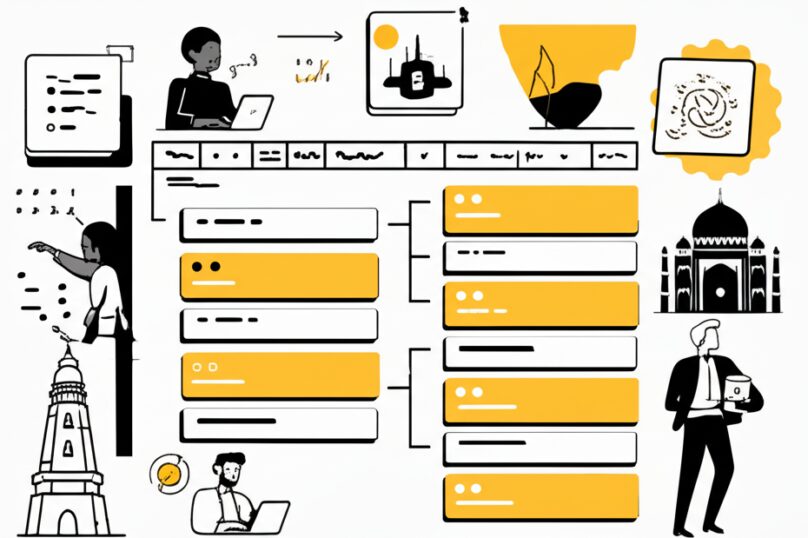Understanding Project Management & Agile

Understanding Project Management & Agile: A Practical Guide for Indian Businesses
In today’s fast-paced business environment, effective project management is crucial for success. Whether you’re a small startup in Chennai or a large corporation in Mumbai, understanding project management principles is key to delivering projects on time and within budget. This guide will explore the fundamentals of project management and delve into the increasingly popular Agile methodology.
What is Project Management?
Project management is the application of knowledge, skills, tools, and techniques to project activities to meet project requirements. Think of it as a roadmap to guide your team from the initial idea to the final product or service. It involves planning, organizing, motivating, and controlling resources to achieve specific goals and meet specific success criteria at a specified time.
Traditional vs. Agile Project Management
Traditionally, project management followed a waterfall approach – a linear sequence of stages. This is like building a house brick by brick, with each step completed before moving to the next. This approach can be rigid and doesn’t adapt well to changes.
Agile, on the other hand, is an iterative approach. It’s like building with LEGOs – you build in small, manageable chunks, constantly testing and adapting based on feedback. This allows for flexibility and responsiveness to changing requirements. Many successful tech companies in Bangalore utilize Agile methodologies.
Key Differences:
- Waterfall: Detailed planning upfront, inflexible to changes, focuses on documentation.
- Agile: Iterative development, adaptable to changes, focuses on working software.
Agile Methodologies in Action (Indian Examples):
Imagine a software development team in Coimbatore building a new mobile app for a local business. Using Agile, they might break the project into two-week “sprints,” delivering a functional piece of the app at the end of each sprint. This allows for continuous feedback and adjustments, ensuring the final product meets the client’s evolving needs.
Or consider a marketing team in Chennai launching a new product. They could use Agile to test different marketing strategies in small campaigns, analyzing the results and adjusting their approach based on what works best. This data-driven approach ensures maximum efficiency.
Benefits of Agile:
- Increased flexibility and adaptability.
- Faster time to market.
- Improved customer satisfaction.
- Reduced risk.
Choosing the Right Methodology:
The best approach depends on the project’s nature and complexity. For smaller projects with clearly defined scope, a traditional approach might suffice. However, for larger, complex projects, or those with uncertain requirements, Agile is often the better choice. Many companies in Tamil Nadu are successfully integrating Agile into their project management processes.
Conclusion:
Project management is an essential skill for success in any industry. While traditional methodologies have their place, the adaptability and flexibility of Agile make it a powerful tool for navigating the complexities of modern business. By understanding the core principles of both approaches, Indian businesses can choose the methodology that best fits their needs and achieve their project goals efficiently.
